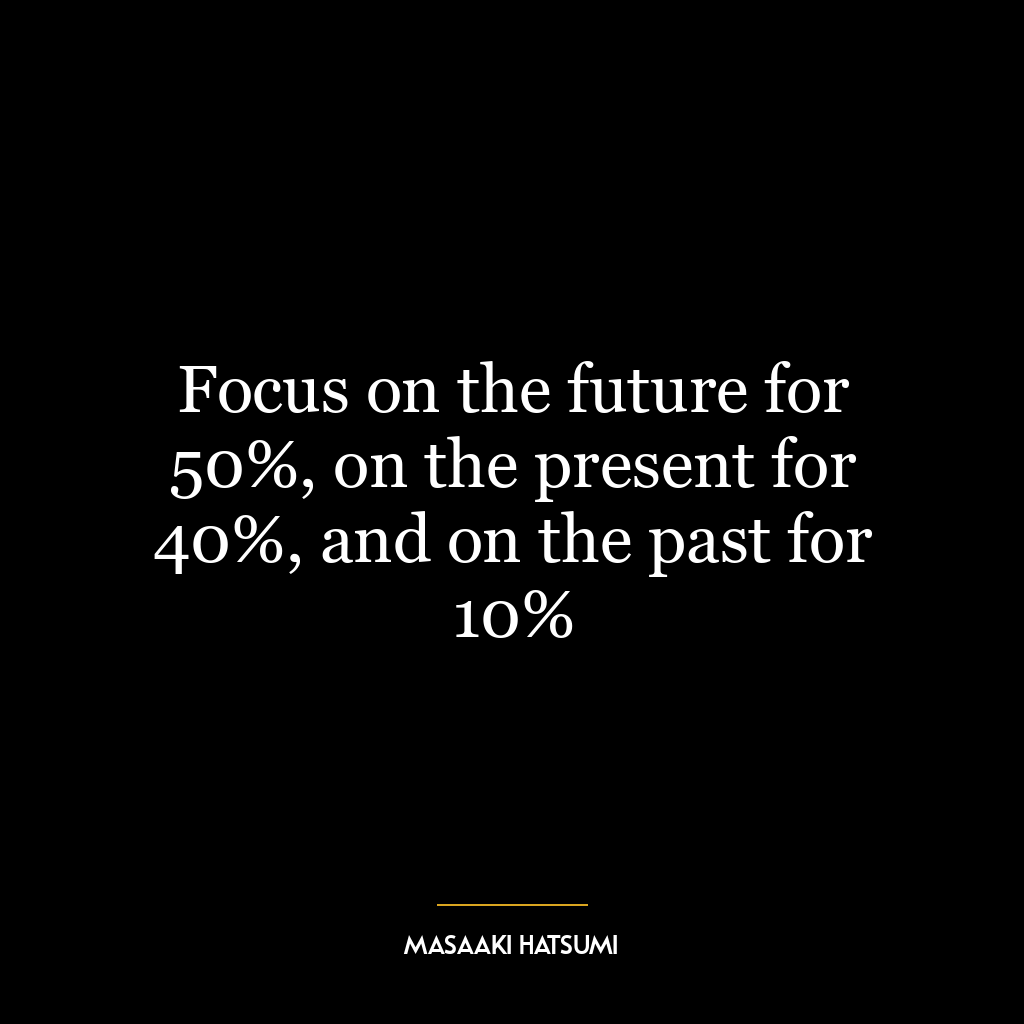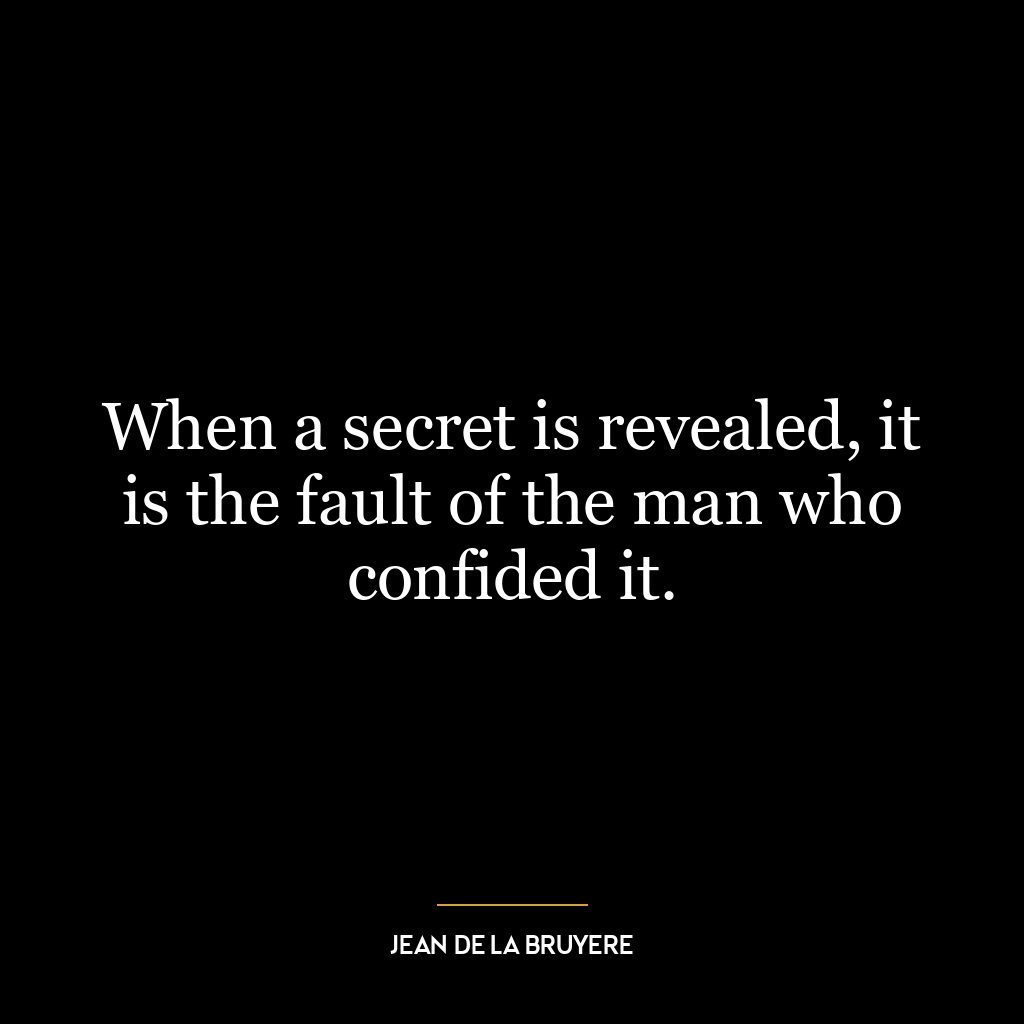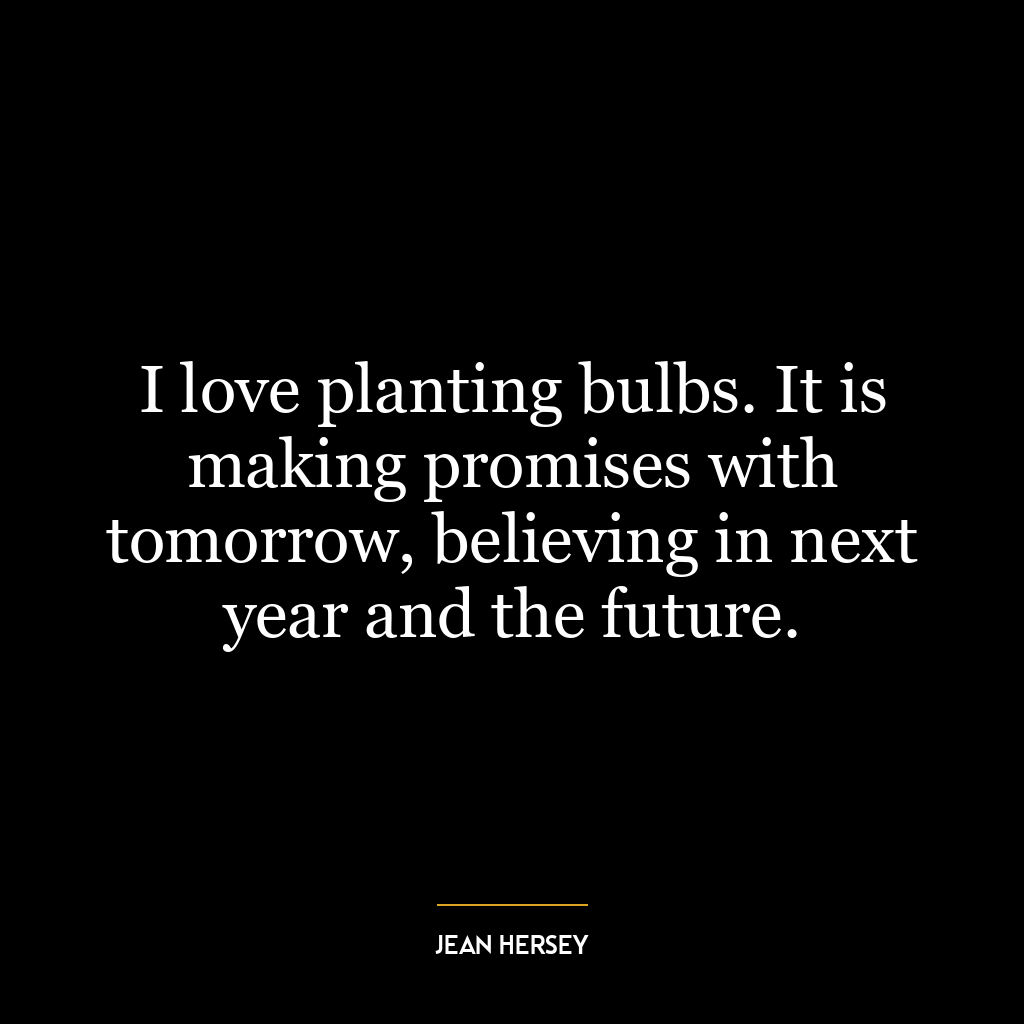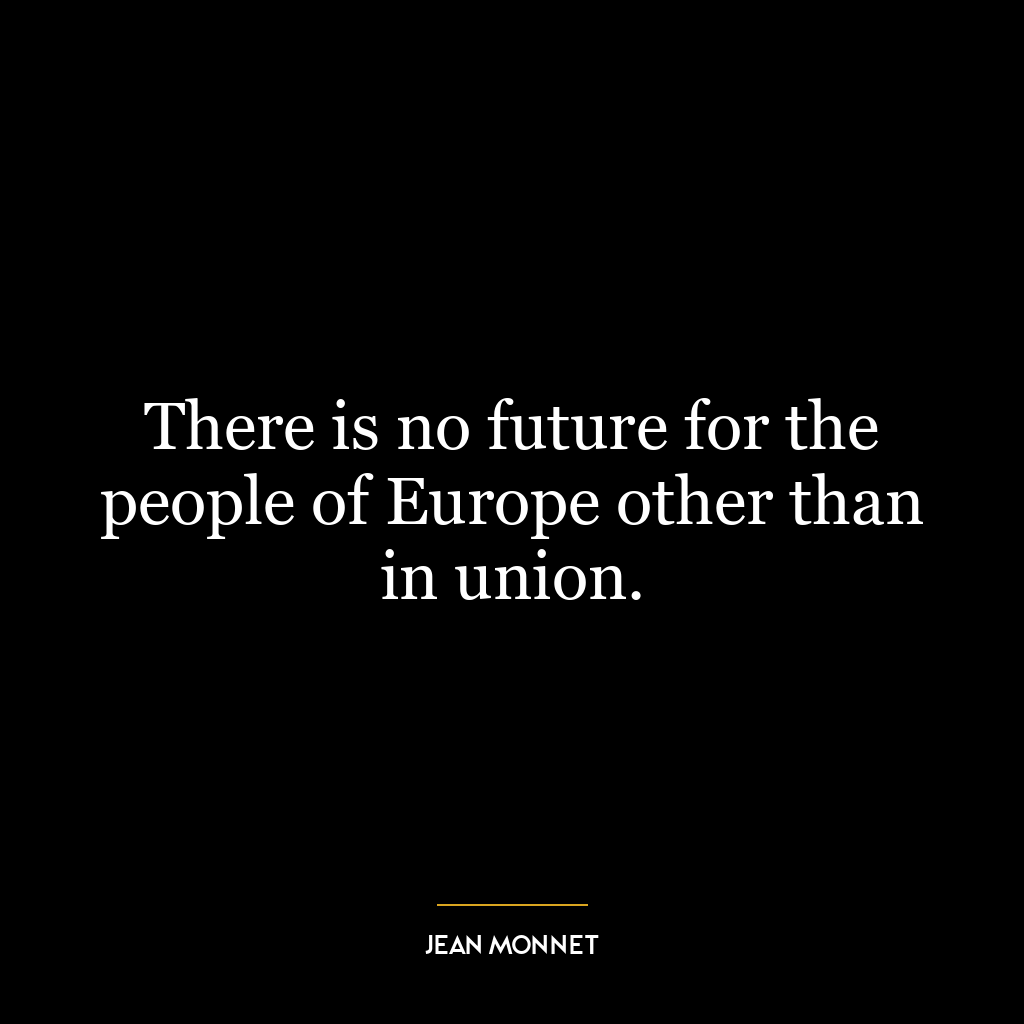This quote is a witty and thought-provoking commentary on the concept of living in the moment versus saving for the future. It suggests that it is better to spend money freely, enjoying life to the fullest, as if there were no future to worry about, rather than to live frugally, denying oneself the pleasures of the present, as if one were penniless.
The quote is not necessarily advocating for reckless spending or financial irresponsibility, but rather emphasizing the importance of balance and not letting the fear of future poverty rob one of current happiness. It’s a reminder not to postpone joy and experiences for a future that is not guaranteed.
In today’s world, this quote could be applied in a variety of contexts. For instance, in personal finance, it could be a call to consider the value of experiences and quality of life, not just accumulating wealth. It might encourage someone to take that dream vacation they’ve been putting off, invest in a hobby they love, or simply enjoy a nice meal out without guilt.
In terms of personal development, the quote might be interpreted as a reminder to invest in oneself. This could mean spending money on education, personal growth opportunities, or health and wellness initiatives. It’s about recognizing the value of immediate, tangible benefits over potential, future gains.
In the broader societal context, the quote could be seen as a critique of a culture that often prioritizes wealth accumulation and material possessions over experiences and personal fulfillment. It challenges the idea that success is measured by the size of one’s bank account, instead suggesting that the quality of one’s experiences and the joy derived from them is a better measure of a life well-lived.
However, it’s important to note that while this quote encourages enjoying the present, it does not promote recklessness. It’s about finding a balance between enjoying the present and preparing for the future, not choosing one over the other entirely.








